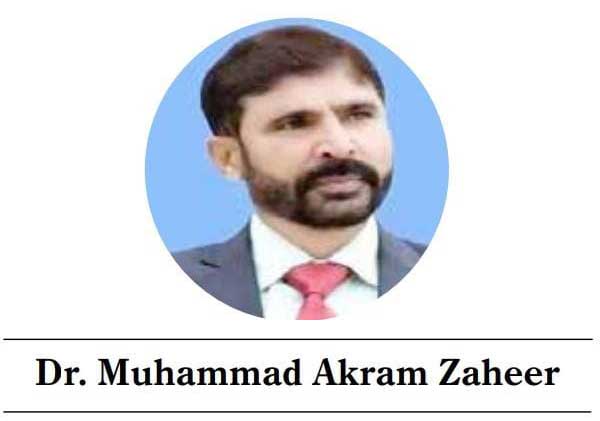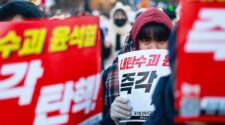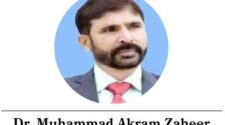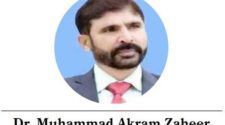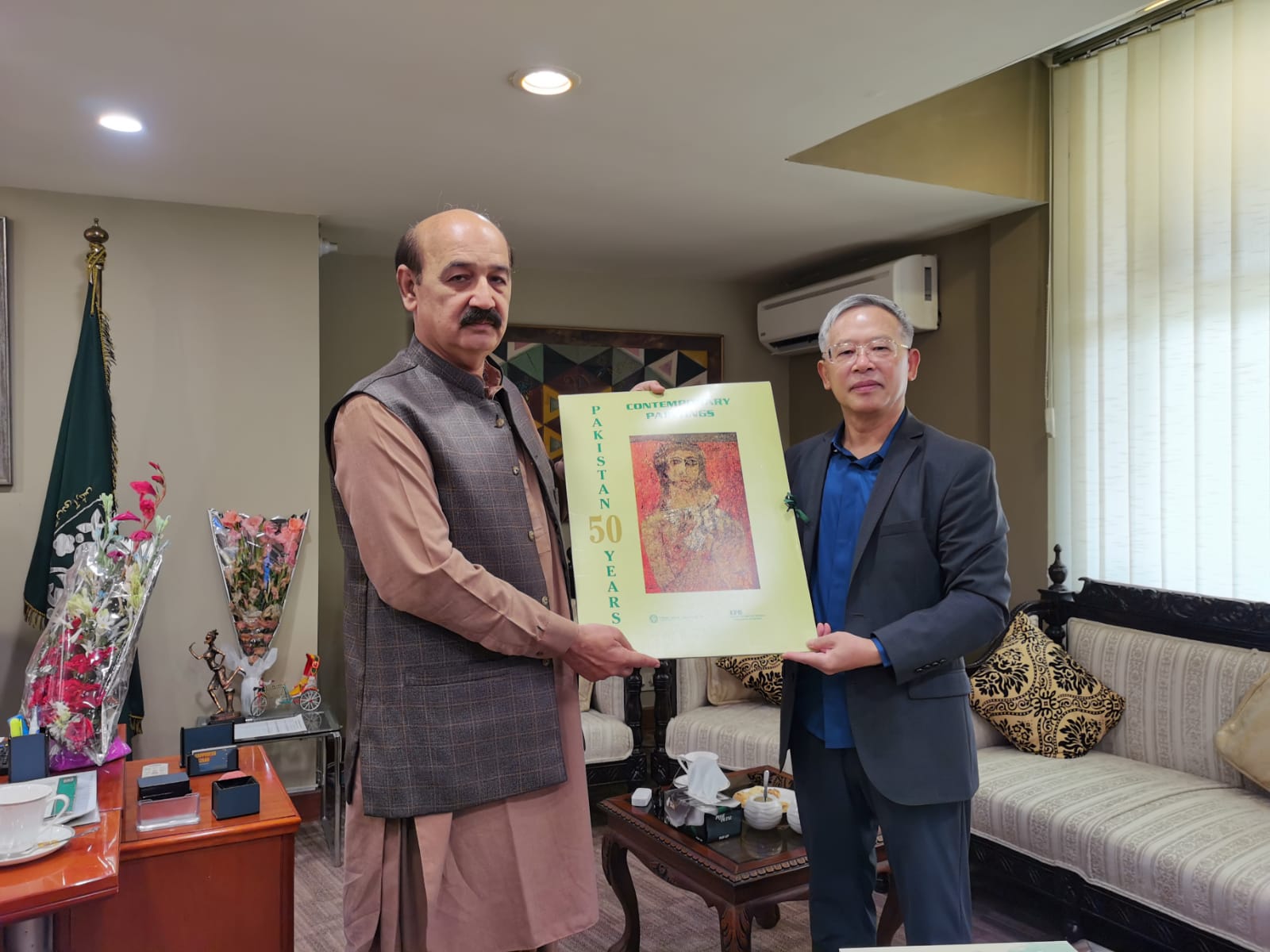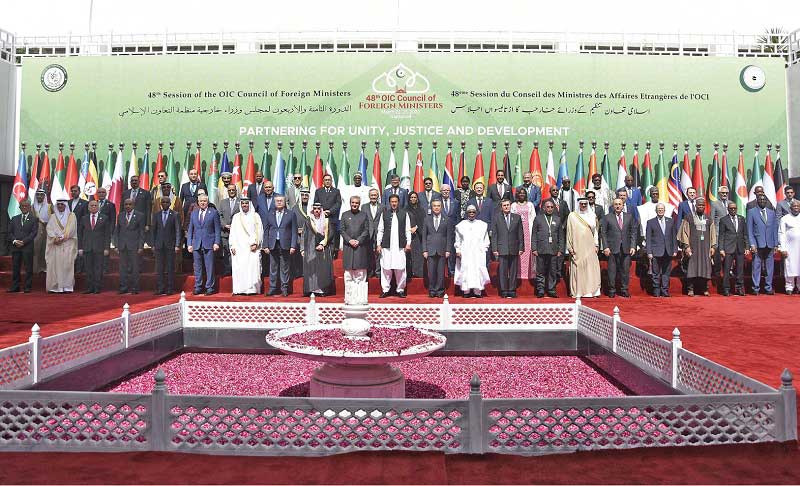Dr. Muhammad Akram Zaheer
Pakistan has been plagued by political instability since its inception in 1947, which has led to a persistent state of crisis characterized by institutional conflict and military rule. The military has exercised significant influence over the political economy and key state institutions, having ruled the country for over three decades in total. Democratically elected governments have also come to power with the military’s support, but have often been ousted due to perceived violations of military interests. Imran Khan’s ascension to power in 2018, backed by military support, earned his government the label of a “hybrid government.” The judiciary also aided Khan’s rise by undermining his political rivals, presumably at the behest of the military establishment. However, Khan’s foreign policy decisions and reluctance to support the appointment of the next head of Pakistan’s Inter-Services Intelligence (ISI) led to his sacking in 2022 and a loss of support from military officers. His opponents then removed him from power through a vote of no confidence.
Khan’s ouster in April 2022 created a perception among his supporters, encouraged by him, that it was part of a US-backed conspiracy orchestrated by corrupt Pakistani politicians, which inadvertently boosted his popularity. He called for early general elections, but his rivals in the coalition government ignored his pleas. In response, Khan dissolved the provincial assemblies in Punjab and Khyber Pakhtunkhwa, where his party held a majority. President Arif Alvi, appointed by Khan, announced new elections in these provinces at the end of April. However, the Election Commission delayed the elections due to security concerns, allegedly under military pressure. The Supreme Court has declared the Election Commission’s decision unconstitutional, but six judges recused themselves from the hearing, prompting the National Assembly to reject the Supreme Court’s decision and limit the powers of the Chief Justice.
The Pakistani institutions have faced severe resource constraints and constant interference, but the current gap between the main state institutions has never been more acute. If tensions continue to escalate, particularly in the face of deteriorating security and economic conditions, the military may once again be forced to take control of the government, albeit behind closed doors.
The present political turmoil and clash of institutions
